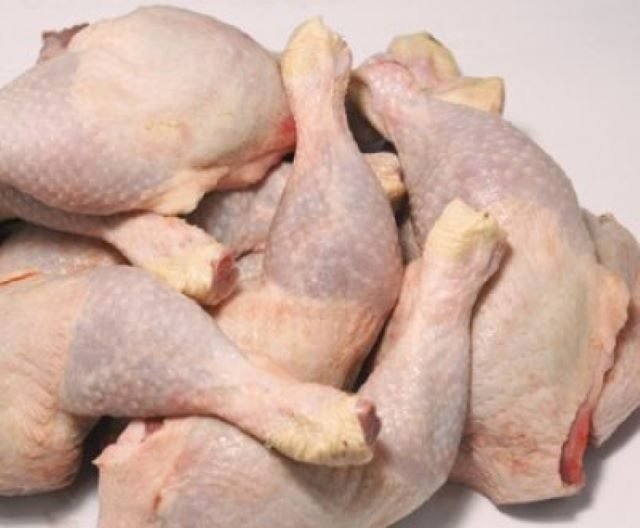News
Gov’t Eyes 50% Drop in Poultry Imports with New Agri Push
Published
9 months agoon
By
M N Ridwan
The Ghanaian government has announced an ambitious plan to cut the country’s massive poultry import bill by 50% within the next four years, aiming to strengthen the local economy and revive the struggling cedi.
The bold move is part of a larger national agenda to slash the country’s total import expenditure, which hit a staggering $10.2 billion in 2024.
Food products alone made up 28% of that figure, with poultry imports costing the nation over $300 million annually.
Dr. Peter Boamah Otokunor, Minister in charge of Special Agricultural Initiatives, made the announcement during an interview on Joy FM’s Super Morning Show on Tuesday, April 15.
He revealed that the government is rolling out strategic reforms under the newly launched “Feed Ghana Programme”, which aims to boost local food production and reduce dependency on imported goods.
“We are looking at significantly reducing the import bill by half in the medium term,” Dr. Otokunor said.
“And if we’re able to drive investment into poultry production, Ghana can even become a net exporter of livestock in the near future.”

At present, only 10% of poultry consumed in Ghana is produced locally. The rest is imported from countries like Brazil, the Netherlands, and the United States.
The challenges facing local farmers include high production costs, limited access to financing, weak infrastructure, and occasional disease outbreaks — all of which have hindered Ghana’s ability to compete in the poultry market.
But government officials are optimistic. The Feed Ghana Programme, launched officially in Techiman on April 12, is expected to be a game-changer.
It will support farmers with improved infrastructure, access to credit, training, and disease control measures — all designed to ramp up local poultry production and make the sector more competitive.
Beyond reducing imports, the program is also designed to boost food security, supply raw materials to agro-processing factories, and create jobs for young people across the country.
Economic analysts believe the success of this initiative could not only help reduce the pressure on the cedi but also position Ghana as a key player in West Africa’s agricultural trade.





